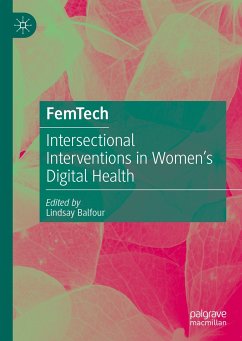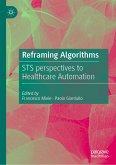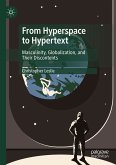This edited collection draws from cultural studies and Feminist Science and Technology Studies to offer a timely and exciting intervention into the growing field of women's digital health. It explores the intersection of gender and embodied computing, with particular attention to access barriers and the forms of biometric surveillance that operate in wearables, ingestibles, and embeddables marketed to women (the industry generally known as "FemTech"). While the most utilized and profitable FemTech products include ovulation and fitness trackers, reproductive technologies, contraceptive microchips, and "smart" pills, this only represents a fraction of health concerns affecting women.
This volume aims to explore FemTech within the context of Feminist Science and Technology Studies, whereby the entanglements of race, class, gender, ability, sexuality and other social and cultural identities are brought to the fore. By addressing the gaps in FemTech research and socio-cultural barriers to access, this volume critiques the forms of knowledge and experience produced through medical and cultural discourses regarding women's bodies to both highlight the inequalities in women's digital health, and imagine alternative models which optimise technology for women in a way that is safe, accessible, and inclusive.
Lindsay Anne Balfour is Assistant Professor of Digital Media in the Centre for Postdigital Cultures at Coventry University. She is an experienced researcher, public speaker, and author with international experience in the non-profit sector and formal academia. Her research draws on Feminist Science and Technology Studies to examine the relationship between Feminine Technologies ("FemTech") and the forms of knowledge and experience produced by and about women's bodies. Her work offers wider benefits concerning the global health of women, such as those outlined in the UN Sustainable Development Goals regarding Women and Girls, and in particulartargets focusing on sexual and reproductive health.
Dieser Download kann aus rechtlichen Gründen nur mit Rechnungsadresse in A, B, BG, CY, CZ, D, DK, EW, E, FIN, F, GR, HR, H, IRL, I, LT, L, LR, M, NL, PL, P, R, S, SLO, SK ausgeliefert werden.









